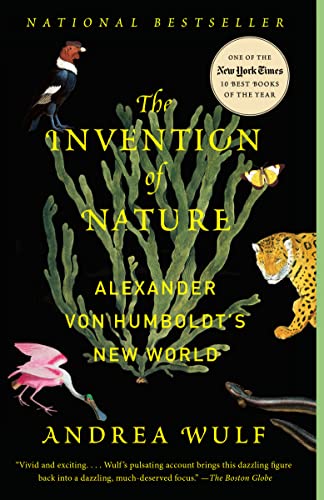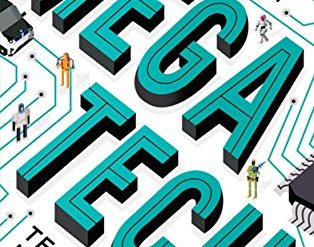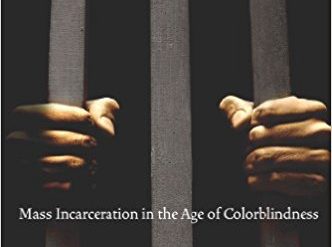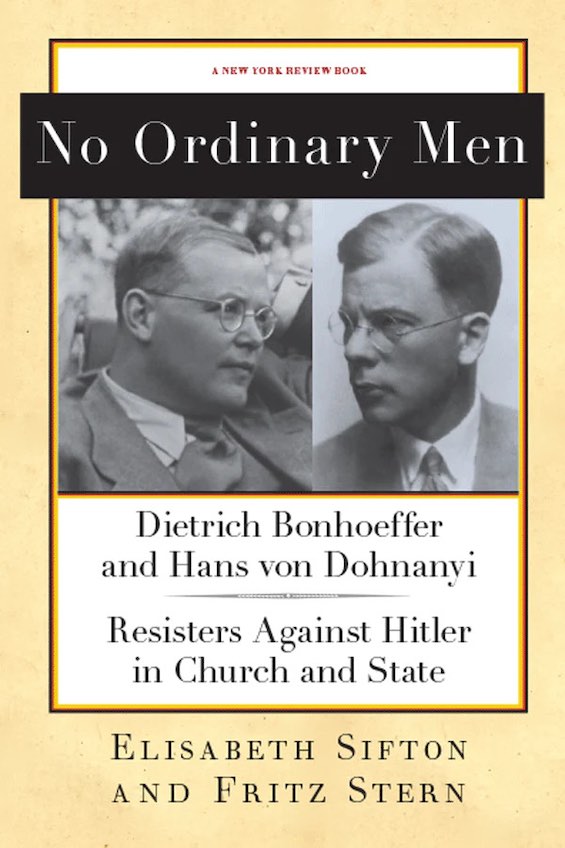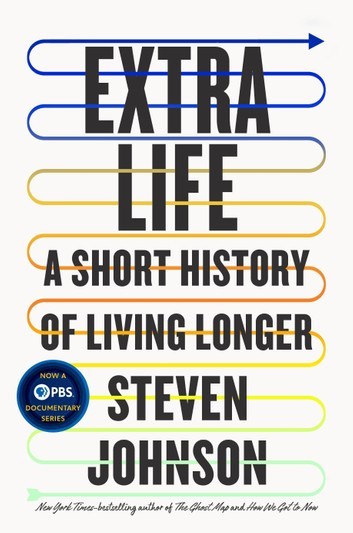
Estimated reading time: 5 minutes
Ask just about anyone why we live so much longer these days, and the answer will come quickly. It’s the doctors, right? Continuing advances in medical science surely account for those centenarians who keep cropping up on obituary pages. After all, human life expectancy more than doubled over the past century, from a global average of 32 years in 1900 to 73 today. But was it the doctors who brought that all about? Steven Johnson says not. In Extra Life: A Short History of Living Longer, he argues with jaw-dropping effectiveness that medical advances are just one of many factors that explain why we’re living longer—and by no means the most important. “Most historians now agree,” he writes, “that, in total, medical interventions had a limited effect on overall life expectancy until the end of World War II.” And many of the most significant improvements took place much earlier.
We’re living longer—an extra lifetime’s worth
Make no mistake about it: Steven Johnson has not set out to debunk the myth of medical miracles. He has simply extended the boundaries of his inquiry, looking more deeply and farther afield for an understanding of how the human race has managed to gain “an entire extra life in just one century.” The “extra 20,000 hours of life” we now enjoy represent “truly one of the greatest achievements in the history of our species.” And those who have brought it about include not just physicians and surgeons but statisticians, activists, political leaders, journalists, bureaucrats, and international administrators as well.
Extra Life: A Short History of Living Longer by Steven Johnson (2021) 320 pages ★★★★★

What has really made the difference?
To put Johnson’s case in perspective, he cites just three factors that have accounted for saving the lives of billions: artificial fertilizer, toilets and sewers, and vaccines. Those that have saved hundreds of millions include antibiotics, bifurcated needles, blood transfusions, chlorination, and pasteurization. The list of advances that have saved millions of lives is much longer and includes much of the progress we attribute to doctors. Among those advances are the AIDS cocktail, anesthesia, angioplasty, antimalarial drugs, CPR, insulin, kidney dialysis, oral rehydration therapy, pacemakers, radiology, refrigeration, and the three-point seat belt. The twenty-one factors Johnson includes in this hierarchy account for the lion’s share of the explanation for why we are living so much longer these days.
A “network narrative,” not a “genius narrative”
Johnson emphasizes “the difference between the ‘genius’ narrative and the ‘network’ narrative.” In the former, a reflection of the Great Man Theory of History, a brilliant lone individual achieves a breakthrough that makes all the difference. Think Edward Jenner (smallpox vaccination) and Alexander Fleming (penicillin). But, as Johnson makes clear, each of these exceptional men was a player in a large cast—a network—that brought their discoveries to the public. “You can extend life with a miracle drug or a new form of surgery or an fMRI machine. But you can also extend life by crunching the numbers, or making a public stand in support of a new treatment, or creating institutions that allow for new kinds of global collaboration.” This is history as it should be written, not with a narrow view of one or another episode or trend but with an eye on the Big Picture.
About the author
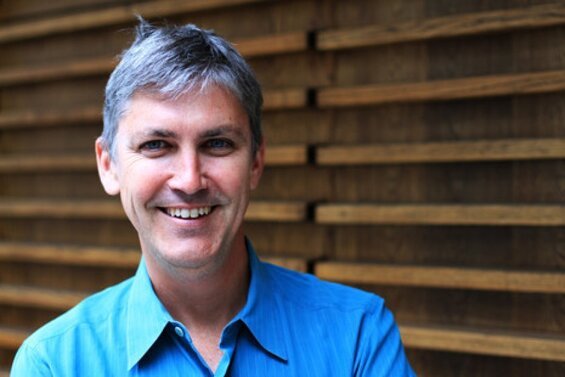
Steven Johnson is the author of ten nonfiction books, largely about science and technology, which have received critical acclaim and won several literary awards. He has also been deeply involved online and on television. Johnson was born in 1968 and grew up in Washington, DC, where he attended the prestigious St. Albans School. He holds a bachelor’s degree in semiotics from Brown University and a master’s in English literature from Columbia. He now lives with his wife and three sons in Brooklyn.
For related reading
I’ve also reviewed Steven Johnson’s How We Got to Now: Six Innovations That Made the Modern World (A brilliant new take on innovation) and The Infernal Machine: A True Story of Dynamite, Terror, and the Rise of the Modern Detective (Dynamite, anarchists, and the first modern detectives). Earlier, I’d read and immensely enjoyed his book, The Ghost Map.
You might also enjoy Science explained in 10 excellent popular books and 20 top nonfiction books about history.
And you can always find my most popular reviews, and the most recent ones, on the Home Page.

